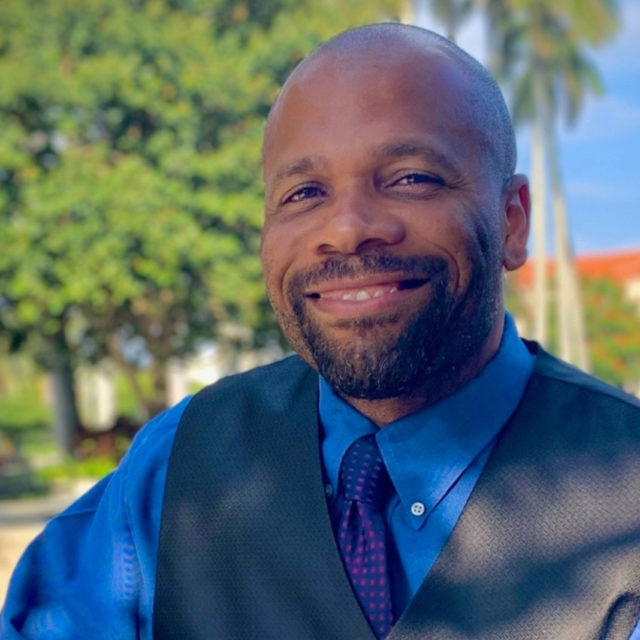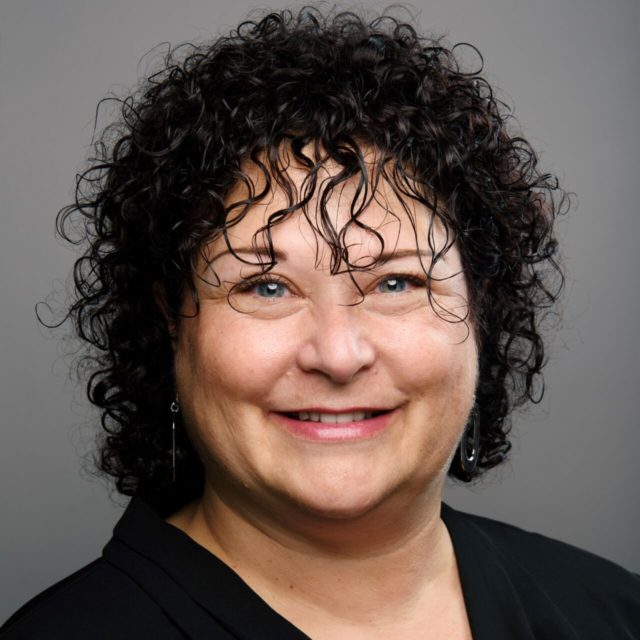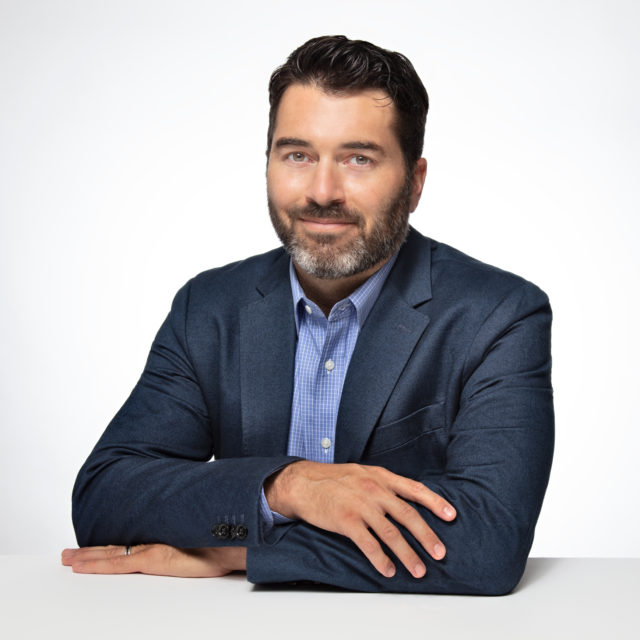On August 26, 2021, Pollack Peacebuilding Systems hosted a panel discussion over new difficulties employers are facing while people are transitioning from remote to in-person work. Four peacebuilders came together to discuss “How to Deal with Political and Social Conflict in the Workplace”. As more people are coming back to work with our society being more polarized about mask and vaccine mandates, conflict in the workplace is inevitable. Peacebuilders Chris Jackson, Hilary Benden, Britt K. Sheinbaum, and Jeremy Pollack discussed advice and strategies for those who may be facing these situations in their organizations.
How does Social and Political Conflict Manifest in the Workplace?

Peacebuilder Chris Jackson started out by explaining that when we are working with people, we have to remember that people express themselves differently. Some people are more vocal about the way that they feel while others are more comfortable keeping their feelings and emotions to themselves. Someone’s ability or comfort level to express dissatisfaction may depend on a person in general, but cultural differences should also be taken into account. When you are working with a diverse group of people, others from different backgrounds will be interacting and bringing these core values and practices with them. Within the topic of the vaccine and mask mandates that some organizations are either mandating or trying to figure out how to approach, employers are seeing how these social and political conflicts are emerging. Employees are wanting to feel safe at work, and this definition of what safe means will be different to each person, because each person comes from their own and unique background.
Peaceuilder Hilary Bendon then brought to the discussion the idea of the “great resignation”. With coming back to work and safety being a concern, more people are reevaluating their relationship with their employers. Now, employees want to see a greater environment for both their physical and emotional safety when going back to the workplace. This is starting to show how masks and vaccines are just the surface of some major underlying issues that people are facing today. Within a time of political and social polarization, people want to be a part of identity groups with those they think have the same beliefs as them. People then get into a mindset of “I’m right and you’re wrong” creating these false dichotomies with people who may think the same things as them, but approach them differently. When this starts, people and co-workers start to dehumanise each other and assume their ideologies and why they believe them. Employees not only have the right to have a sense of physical safety, but emotional safety as well. When coming back into a work environment, employers need to do their part in making sure that their employees feel safe and understood.
There are Challenges, But What About Opportunities?
Again, Peacebuilder Hilary Bendon was able to share her input with the panel. She started off with the topic of engagement versus disengagement

with a company. When people start to not feel safe or supported, she argued, employees will check out. When people start to not feel safe due to offensive language or implicit biases, creating sensitivity training on topics like implicit biases and working towards getting to the roots of these issues in a company’s culture helps create an environment of belonging. An organization must be clear and transparent with their employees on what they are trying to achieve with feedback they are given to let their employees know that they are working to become more inclusive and build a better sense of belonging for all of those who hold a position there.
When these points were brought up, it was then asked and discussed how companies are able to achieve this sense of inclusivity and belonging. Again the discussion led to the panelists talking about companies “hearing their employees” so when they are making decisions on this topic, they can look back and see what they decided what they did because of the feedback they were getting from their employees. Forcing companies to be more transparent in one area could lead to a trend of them being more transparent in other areas, which is what employees desire, going back to the idea of the “great resignation”.
What Can Help Mitigate Employee Conflict?

When discussing the concept of how to mitigate conflict in the workplace with co-workers, Peacebuilder Britt Sheinbaum was able to share her perspective on the matter. She believes that the two tools that should be utilized are exposure and communication. Her input is that people need to be seen and heard. Being affirmed in one’s beliefs and core values is a part of that which makes us human. We desire these affirmations to feel like we belong and we cannot get that without being exposed to interpersonal relationships so people know how we need to be affirmed. Within these relationships, remembering that building a safe environment means helping people understand others’ core values. This can show how people make decisions for themselves that they believe to be good for them, regardless if someone agrees with it.
Another point was made on being self aware. Being self aware is one of the cornerstones of resolving conflict. Not only should one think about how they are being perceived rather than their intentions, but also be self aware of the difference of communication styles and how someone may communicate differently than you. Being able to not respond or react when someone is explaining themselves, but rather practicing active listening and understanding where someone is coming from aids in mitigating conflict. Having these skills is crucial for conflict management.
How To Help Bridge the Divide
At the end of the discussion, Jeremy Pollack, Founder of Pollack Peacebuilding Systems, discussed tools and best practices for organizations

to mitigate the amount of conflict that goes on in the workplace. When organizations are navigating new situations such as mask and vaccine mandates while trying to allow their entire team to feel safe and comfortable, the following are recommended:
Transparency
In a workplace, being transparent with employees is the best way to be productive. Not only will they feel seen and understood, but this also builds an environment where employees feel like they can also be transparent with their employer. This builds better rapport between both parties involved. If conflict arose, this environment would lead people feeling more comfortable speaking up and confronting the issues. In terms of workplace safety over new mandates, this would create an environment for both employees and employers sharing why they believe what they do in terms of team and individual safety.
Communication
When this sense of transparency is established, this increases the amount of communication between employees and employers. This allows employees to feel confident in their right to tell their employers whether or not they feel safe returning to work and the reasons behind their feelings. From this employers can have a better sense of how they should go about returning to the office and what precautions they should or should not take. This also allows for a better work environment and overall workflow in the office.
Education
Education in the workplace and training are also important to help people come to an understanding. Whether it be an informal training on statistics and supportive evidence for a workplace’s mandates or a Diversity and Inclusivity training, educating people to keep an open-mindset is important. Even if someone were to not agree with what their company is doing, it allows them to understand why they have taken the step they have taken.
Exposure
Exposure to different types of people in the workplace also helps mitigate this divide. Being able to interact with people who are different from you and have a different culture opens up a new way of thinking that others do things differently and their reasons for their decisions. Like what was mentioned earlier, everyone has a different background and from that a different way of thinking. Being exposed to these new ways of thinking can help one understand why people are making certain decisions for themselves. While people still may not agree with these choices, it is the understanding aspect that is crucial to avoid conflict and humanize people who think differently than you.
If you are interested in joining us live for future panels, send your interest to rsvp@pollackpeaceuilding.com.
